Cohort Resources
It is assumed that the PCs have everything they need to navigate life and their individual roles on a day-to-day basis. Resources are an abstract measure of relative group wealth and power that go beyond the day-to-day. How many resources a Cohort can carry is dependent upon their Mule’s Cargo Capacity.
Scav Supplies
Climbing gear, protective clothing, mining tools, lights, spare vehicle parts, hand tools, cabling, etc.
Venger Supplies
Arms, body armor, shields, explosives, etc.
Phantom Supplies
Camoflauge, disguises, etc.
Stallion Supplies
Sensor equipment, maps, food, bandages, medicines, etc.
Sparrow Supplies
Artwork, spices, perfumes, books, jewelry, musical instruments, collectibles, etc.
Moonshards
Supply Moonshards used to power up Abilities.
Moon Relics
Powerful Moonshards that contain the potential for new Abilities.
Stored Items
Items with Abilities that the Cohort has not yet made permanent through Growth.
VIPs
Anyone that the Cohort is transporting (other than the Cohort members) takes up space in their vehicle.
Other
Anything else of special significance (with narrative and mechanical weight) that the Cohort may be carrying with them.
